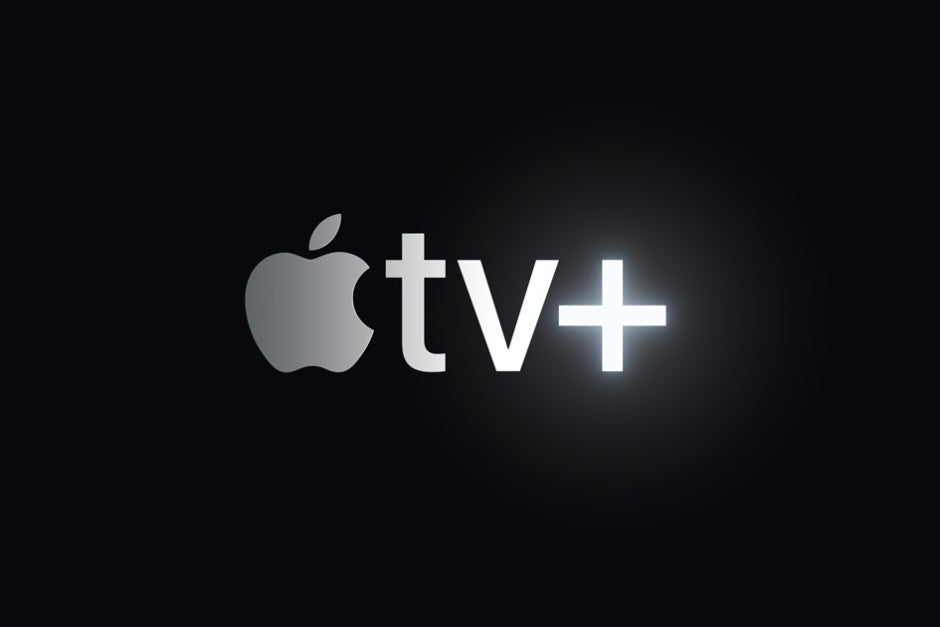iPhone 11 sales numbers, names, prices, and key features tipped in last-minute investor note

This dummy unit purportedly provides a realistic look at the iPhone 11 Pro Max camera
75 million "initial" iPhone 11 units prepared, 180 million full-year iPhone sales expected
Always a difficult task, anticipating and then estimating the shipment numbers of a new iPhone generation was made even harder by Apple's decision last year to stop reporting the total unit sales of its perennially profitable devices. That's obviously not stopping Wedbush from projecting the iPhone 11 "trifecta" will contribute to "roughly" 180 million iPhone units sold in FY20.

Unfortunately, we will never know for sure if that figure proves accurate, but one thing is crystal clear - if it does, it's not that great of a number. Apple's fiscal year starts in September, so this forecast concerns the 12 months ending August 2020, including not just shipments of the iPhone 11, 11 Pro, and 11 Pro Max, but older models as well. While certainly an impressive-sounding total, 180 million units would be significantly below Apple's estimated 206 million haul for the 2018 calendar year.
On the bright side, Wedbush focuses primarily on a short-term prediction calling for 75 million iPhone 11-series units being prepared for the "initial launch period." This would apparently represent a "slight uptick" from Apple's "prior iPhone cycle last fall", and the number could rise to 80 million if demand hits the upper range of Apple's internal expectations. Then again, it's unclear exactly how quickly the company expects to sells these 75 to 80 million units.
Names, prices, and key features
This is the part of the report where Wedbush analysts largely reiterate existing speculation, providing no bombshell whatsoever. The entry-level model is still tipped to carry the straightforward iPhone 11 label and feature a dual rear camera setup, fetching the same 750 bucks as last year's single shooter-sporting iPhone XR.

The iPhone XR could be followed by a device simply called iPhone 11 rather than iPhone 11R
Meanwhile, the iPhone 11 Pro and iPhone 11 Pro Max should start at $999 and $1,099 respectively, sharing a triple lens arrangement on their back and planning to focus on new camera technology, as well as "some next generation AI capabilities", as major selling points. The designs will be largely unchanged, wide notch and all, and there's no chance whatsoever of seeing a 5G-enabled variant released before 2020... at the earliest.
Expect a lot of services talk tomorrow
It's no longer a big secret that the so-called "Services" segment is driving Apple's overall growth right now, while hardware profits are declining at an alarming pace, which is why it's also not surprising to hear at least one particular service will probably share the spotlight with the iPhone 11 family in the Steve Jobs Theater on Tuesday, September 10.

We're obviously talking about the Apple TV+ platform, which could beat Disney Plus to the punch in November to join an increasingly crowded video streaming market that continues to be dominated by Netflix. With an aggressive content acquisition strategy and "minimal speed bumps", Apple TV+ could go from 0 to 100 million subscribers in just three to five years, according to the latest Wedbush prediction, generating a steady annual revenue stream of up to $10 billion. For reference, Netflix recently crossed the 150 million subscriber mark, entering the Internet streaming business all the way back in 2007.










Things that are NOT allowed: